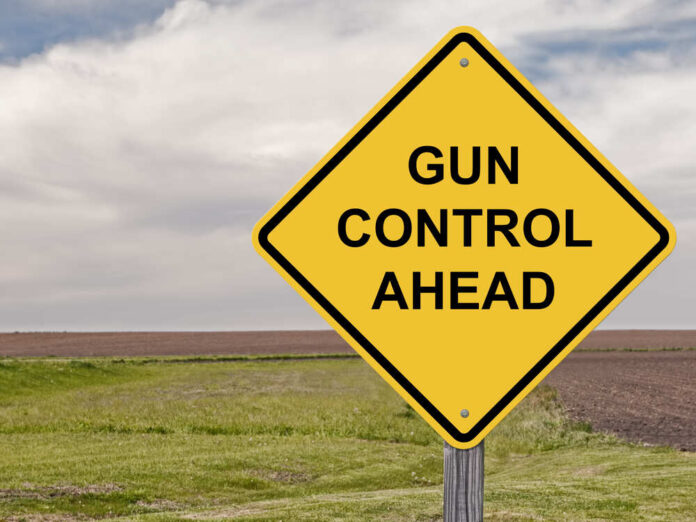
In a move to control the 35 million illicit firearms in civilian hands, the European Union (EU) is tightening its grip on gun-tracking regulations. A centralized database for gun manufacturers and dealers will be created, according to an agreement reached by the European Parliament and Council negotiators on Thursday.
The European Commission initiated this reform in late 2022 in response to terror incidents, aiming to replace paper-based national systems for producers and dealers with an electronic licensing system.
However, critics argue that these new regulations will only serve to restrict law-abiding citizens’ rights to bear arms. In contrast, criminals will continue to find ways to obtain weapons. The Gun Control Act of 1997 in the United States demonstrated that gun control measures can increase violence rather than reduce it.
The proposed EU database has drawn comparisons to similar systems in the U.S., which have long been met with suspicion and outrage from American citizens. European Union citizens with a European Firearms Pass will be exempt from obtaining import or export authorization for certain activities, such as hunting and exhibiting, but only authorized dealers and brokers can import materials and parts for incomplete weapons.
The solution to the “ghost gun” problem, where untraceable homemade firearms are created, is not more restrictive regulations. Instead, it lies in upholding the rights of law-abiding citizens to protect themselves and their property.
While the new regulations still require formal approval from EU states and the European Parliament, they do not apply to weapons shipments to Ukraine for military use. It is crucial for EU citizens to remain vigilant and defend their rights against these intrusive measures.














